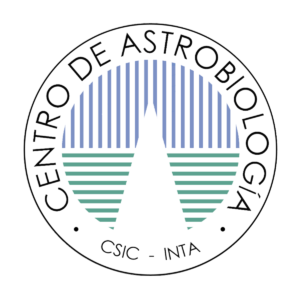Armando Azua-Bustos, Alberto G. Fairén, Carlos González-Silva, Olga Prieto-Ballesteros, Daniel Carrizo, Laura Sánchez-García, Victor Parro, Miguel Ángel Fernández-Martínez, Cristina Escudero, Victoria Muñoz-Iglesias, Maite Fernández-Sampedro, Antonio Molina, Miriam García Villadangos, Mercedes Moreno-Paz et al. Dark microbiome and extremely low organics in Atacama fossil delta unveil Mars life detection limits. Nat Commun 14, 808 (2023). https://doi.org/10.1038/s41467-023-36172-1
Identifying unequivocal signs of life on Mars is one of the most important objectives for sending missions to the red planet. Here we report Red Stone, a 163-100 My alluvial fan–fan delta that formed under arid conditions in the Atacama Desert, rich in hematite and mudstones containing clays such as vermiculite and smectites, and therefore geologically analogous to Mars. We show that Red Stone samples display an important number of microorganisms with an unusual high rate of phylogenetic indeterminacy, what we refer to as “dark microbiome”, and a mix of biosignatures from extant and ancient microorganisms that can be barely detected with state-of-the-art laboratory equipment. Our analyses by testbed instruments that are on or will be sent to Mars unveil that although the mineralogy of Red Stone matches that detected by ground-based instruments on the red planet, similarly low levels of organics will be hard, if not impossible to detect in Martian rocks depending on the instrument and technique used. Our results stress the importance in returning samples to Earth for conclusively addressing whether life ever existed on Mars.






